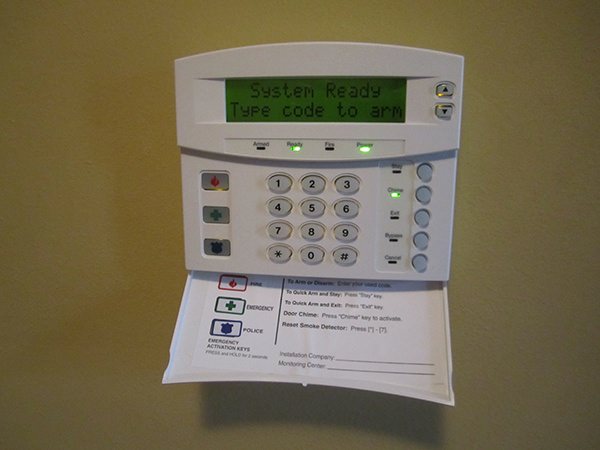
This is often the first question we hear from people considering a security system. When you’re thinking about getting a security system, you don’t want the police knocking down your door if you accidentally trigger the alarm. With 2-call verification, the chances of the police coming out for a false alarm are reduced.
When your alarm system goes off, you will hear a loud siren. If you enter your security code into the keypad, the system will disarm. However, if the code is not entered in approximately 30 seconds or is not entered at all, the system will go into alarm. Newer systems also have false alarm reduction features that will cancel the alarm if the code is entered 30-60 seconds after it is triggered.
Your security system will notify the response center that the system is in alarm. The response center will then call the site and the 1st person on the contact list you have provided, normally someone who resides at the home or is in charge of the site.

If the response center is able to make contact with an authorized person on the list, they will work together to determine if it is a false alarm. If it is not a false alarm, the response center will notify the police.
After the police have been dispatched, the response center will continue to attempt to reach an authorized person on the contact list.
It may seem like calling up to 2 numbers before contacting the police will take a lot of time that a burglar could use to ransack your home. However, it is just the push of a button for a response center dispatcher and then waiting until someone answers or voicemail turns on. It’s becoming common practice for response centers to use a 2-call verification before notifying emergency personnel.
The above information refers to an alarm system being triggered in the case of intrusion. However, other special circumstances and call directions can be made if the alarm is triggered for another reason, such as an environmental sensor (water sensor or temperature sensors).

